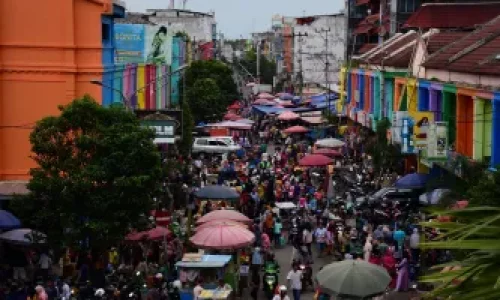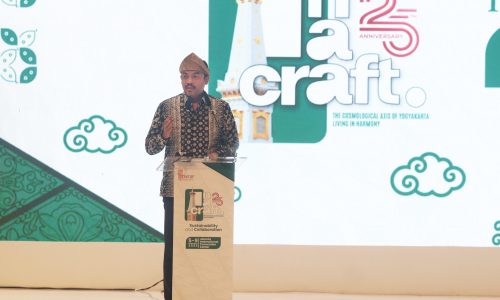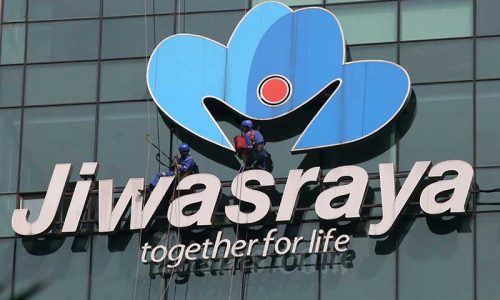The national textile industry suffers a severe blow after the Semarang District Court declared four Central Java-based textile companies bankrupt.
The companies that were entangled in bankruptcy were PT Sri Rejeki Isman (Sritex) in Sukoharjo, PT Sinar Pantja Djaja and PT Bitratex Industries in Semarang, and PT Primayudha Mandirijaya in Boyolali following the lawsuits filed by PT Indo Bharat Rayon over unsettled debts.
The bankruptcy of these four companies has a significant impact on around 15,000 workers, some 11,000 workers of which employees of Sritex. Layoffs have also begun to hit, in particular PT Sinar Pantja Djaja, which has stopped operation since end of last year.
Minister of Industry Agus Gumiwang Kartasasmita said that the government is preparing measures to save Sritex and prevent more layoffs.
“President Prabowo Subianto has ordered the Ministry of Industry, the Ministry of Finance, the Ministry of State-Owned Enterprises, and the Ministry of Manpower to review options to save Sritex,” Agus said, shortly before attending a cabinet retreat on Friday, October 25, 2024.
He emphasized that the government’s priority is to maintain the continuity of the company’s operations so that workers can avoid layoffs. “The rescue options and schemes will be announced soon after the four ministries formulate the best way to save the company,” he said.
Chairman of the Indonesian Textile Association (API),Jemmy Kartiwa Sastraatmaja, emphasized the importance of maintaining domestic market so that the textile industry can recover.
“If domestic market is maintained, industry players can reinvest and create jobs. Another solution is to renew industrial machinery with government assistance and innovation from private business actors,” Jemmy said as quoted by Kompas on October 28, 2024.
Wave of layoffs in the textile sector is nothing new. According to Jemmy, from January to May 2024, 20-30 factories have stopped operation and laid off around 10,800 workers. This figure adds to the 2023 layoff figure of 7,200 workers affecting textile industry centers in Bandung, West Java, and Surakarta, Central Java.
In early June 2024, six factories in various regions also stopped their operations, affecting 11,000 workers being laid off. Factories that have stopped productions, include PT S. Dupantex, PT Alenatex, and PT Sai Apparel.
Domestic, overseas factors
Several factors have triggered crisis in the textile industry. Globally, decline in demand for textiles has been triggered by geopolitical instability and rising export costs. The Russia-Ukraine conflict has also affected global purchasing power, with consumer priorities shifting from textile products to essential needs such as energy.
In addition, competition with foreign textile producing countries, such as China, India, and Vietnam which have lowered their production costs, has also weakened the competitiveness of the Indonesian textile industry.
The condition of domestic manufacturing industry also reflects an unstable situation. The Purchasing Manager Index (PMI) released by S&P Global shows that the manufacturing sector contracted for three consecutive months in July-September 2024, with a PMI figure below 50, indicating a contraction.
From the domestic side, the influx of legal and illegal products has also worsened the situation. The policy that allows imported products to be sold in the local market up to 50 percent of total production is said to be one of the main factors.
The Minister of Trade Regulation No. 8/2024 which regulates imports is considered by industry players to be the main trigger for the increasing supply of imported products in domestic market. The significant price difference between imported and local products also further weakens the competitiveness of domestic textile industry.









